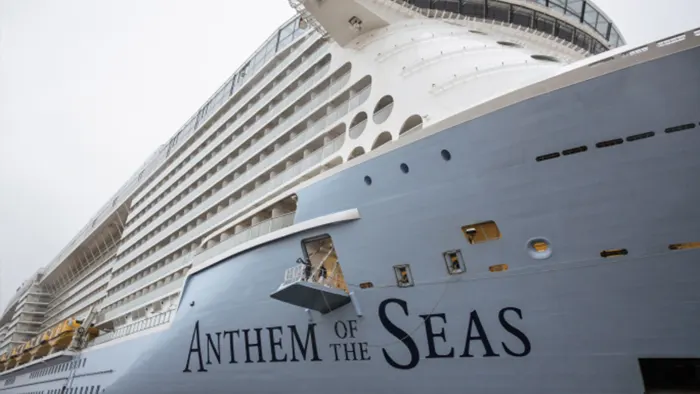
Cruise Companies Caught in the Midst of US-Canada Trade Dispute
The US-Canada trade conflict has placed cruise lines in a challenging position, affecting both countries economically.
The ongoing trade dispute between the United States and Canada has created significant challenges for cruise companies, leading to financial ramifications for both nations.
Since US President Donald Trump instituted new tariffs on imports from Canada on February 1, Canadians have rallied to support their economy, inspired by former Prime Minister Justin Trudeau’s call to ‘Choose Canada.’
This patriotic movement has resulted in many Canadians canceling cruises with US-based firms, raising concerns about economic losses for the US, which relies heavily on Canadian tourists.
Experts suggest that even a minor decline (10%) in Canadian travel could result in losses exceeding $2.1 billion, leading to approximately 14,000 job losses in the US.
Alaska stands to suffer greatly as many cruises depart from Vancouver, Canada.
Retaliatory Measures
British Columbia’s Premier David Eby has proposed new bills that would impose extra fees on US commercial vehicles heading to Alaska. In reaction, Senator Dan Sullivan has suggested altering US laws requiring cruise ships from the mainland to stop at a Canadian port before heading to Alaska, which could divert billions in tourism revenue away from Canadian regions.
There are two key laws involved: the Merchant Marine Act of 1920 (commonly known as the Jones Act) and the Passenger Vessel Services Act (PVSA) of 1886, that obligate foreign-flagged cruise lines to visit a foreign port on cruises that both begin and end in the US.
Consequently, many Alaskan cruises departing from states like Washington typically make a stop in Victoria, British Columbia. Given this scenario, Victoria faces potential economic losses as cruise tourism contributes roughly $130 million annually to its economy.
According to Robert Lewis-Manning, CEO of the Greater Victoria Harbour Authority, the cruise industry is crucial for local economic growth, with the region set to welcome around 320 cruise ship arrivals this year.
